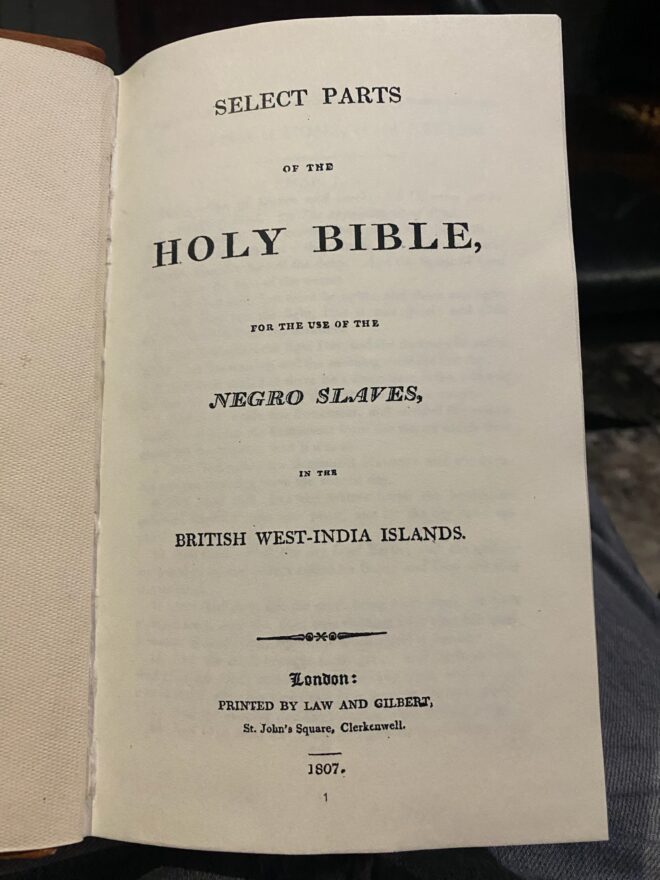
Introduction
Slavery, an institution that has existed in various forms throughout human history, has profoundly shaped societies across the globe. While the transatlantic slave trade often dominates discussions about slavery, it is crucial to recognize that this inhumane practice transcends geographical and temporal boundaries. The story of slavery is not confined to a single narrative; it is a multifaceted saga that has manifested in different cultures and epochs. This paper aims to explore the complex history of slavery, highlighting its various forms, the moral and ethical dilemmas it presents, and the enduring legacy it leaves behind.
Historical Overview of Slavery
Ancient Civilisations
Slavery can be traced back to ancient civilisations, where it was often integrated into the economic and social fabric of society. In Mesopotamia, Egypt, and Greece, slavery was a commonplace institution. The Code of Hammurabi (circa 1754 BC) and ancient texts from Egypt provide evidence of slaves being utilized for labor in agriculture, construction, and domestic service. In these societies, slaves were often prisoners of war or individuals who had fallen into debt, and their status could vary significantly based on the context.
The Roman Empire
The Roman Empire further exemplifies the complexities of slavery. Roman slaves were not just labourers; they could also be educated and skilled individuals, sometimes even managing households or businesses. The Roman philosopher Seneca famously stated, “The condition of slavery is the same in all places, but it varies in severity.” This acknowledgment underscores the diverse experiences of enslaved people, highlighting that while the institution was universally oppressive, the conditions and treatment of slaves could differ widely.
The Transatlantic Slave Trade
While slavery existed in many forms, the transatlantic slave trade (16th to 19th centuries) represents one of the most brutal and dehumanising iterations of this institution. Approximately 12 million Africans were forcibly taken from their homes and transported to the Americas, where they were subjected to grueling labor under horrific conditions. The justifications for this trade were often rooted in economic benefit and racial superiority, with proponents arguing that enslaved Africans were inherently suited for labor in tropical climates. This view, however, was steeped in racism and ignorance, and it masked the profound human suffering involved.
The Use of Religion in Justifying Slavery
One of the most disturbing aspects of the history of slavery is the way religious texts have been manipulated to justify the institution. The Slave Bible, commissioned in 1807, is a striking example of this phenomenon. By selectively editing the Bible to remove passages that could inspire hope or rebellion among enslaved people, the Slave Bible became a tool for oppression rather than liberation. The omission of the Exodus narrative, a powerful story of liberation, reflects a deliberate strategy to keep enslaved individuals subjugated.
The Role of Religious Authorities
Religious authorities played a complex role in the context of slavery. Figures like Beilby Porteus, the Anglican Bishop of London, supported the Slave Bible in the face of rising fears among slave owners following the Haitian Revolution. The revolution, a successful slave uprising, instilled terror in slaveholding societies, prompting a desperate need to maintain control over enslaved populations. By promoting a version of Christianity that emphasised obedience, religious leaders sought to mitigate the threat of rebellion, thus perpetuating the cycle of oppression.
Counterarguments and Perspectives
While the historical narrative surrounding slavery is overwhelmingly one of suffering and oppression, it is important to acknowledge differing perspectives. Some may argue that slavery, in certain contexts, provided economic stability and social order. Proponents of this view often cite the role of slavery in the development of the Americas and the prosperity it brought to various nations. They argue that the economic contributions of enslaved individuals were significant and that their labor was integral to the growth of industries such as sugar, cotton, and tobacco.
However, this argument fails to account for the moral implications of slavery and the immense suffering endured by enslaved individuals. The economic benefits derived from slavery were built on the backs of human beings who were denied basic rights and freedoms. The notion that slavery could be justified on economic grounds is fundamentally flawed, as it overlooks the humanity of those enslaved and the ethical responsibilities of societies.
The Legacy of Slavery
The legacy of slavery continues to resonate in contemporary society. The systemic inequalities and racial injustices that emerged from centuries of enslavement are still evident today. The historical trauma inflicted upon enslaved populations has lasting effects on their descendants, perpetuating cycles of poverty and marginalisation. The struggle for civil rights and social justice remains a critical issue, as communities work to address the injustices rooted in the legacy of slavery.
Acknowledging the past is a crucial step toward understanding the present and working towards a more just future. Educational initiatives, public discussions, and reparative measures can foster greater awareness and empathy, helping to dismantle the structures of inequality that persist.
Conclusion
The complex history of slavery is a narrative that transcends time and geography, encompassing a range of experiences and perspectives. While it is easy to focus on the transatlantic slave trade as a singular event, the reality is that slavery has taken many forms throughout history. By exploring this multifaceted history, we can better understand the moral and ethical dilemmas it presents and recognize the ongoing impact of slavery in our world today.
In sharing these insights, we invite meaningful discussions about the history of slavery, its impacts, and the collaborative efforts needed to prevent such atrocities from happening again. Understanding our history is crucial for healing and establishing a more just world. Together, we can honour the memory of those who suffered and strive for a future free from oppression.



